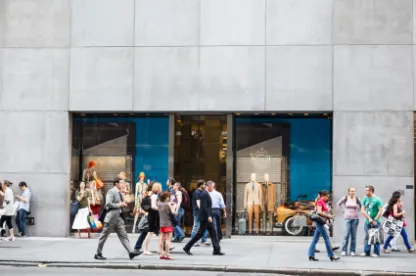Massachusetts' Supreme Judicial Court has expanded premises liability to include a broader definition "mode of operation" which relieves plaintiffs from having to prove actual or constructive notice of conditions.
In BOWERS vs. P. WILE'S, INC the court found that "where the manner of operation of a business creates a reasonably foreseeable risk of a hazardous condition, the approach permits a plaintiff to recover for injuries resulting from such conditions if the plaintiff establishes that the business did not take all 'adequate steps' reasonably necessary under the circumstances to protect patrons against that risk."
Amicus briefs were submitted by the Massachusetts Academy of Trial Attorneys, the Property Casualty Insurers Association of America, and the Massachusetts Defense Lawyers' Association.
Despite the broader applicability of mode of operation, the court observed that "even where a plaintiff is able to prove notice through a defendant's mode of operation that a dangerous condition was reasonably foreseeable, that alone does not establish liability. A plaintiff still must establish that the steps the defendant took to protect customers from the condition that resulted in the injury were unreasonable in the circumstances."
In the aftermath of the Bowers decision, Massachusetts retail businesses should re-examine their operations in view of this expanded risk of liability. Summary Judgments will be harder to obtain in cases where mode of operation applies.




 />i
/>i


